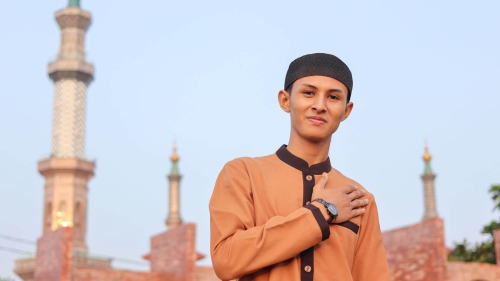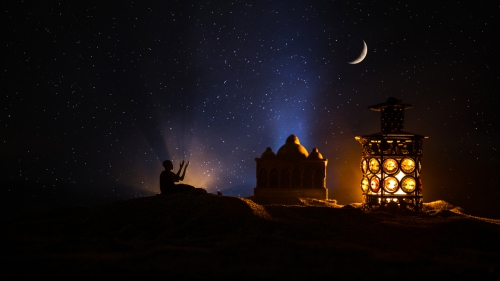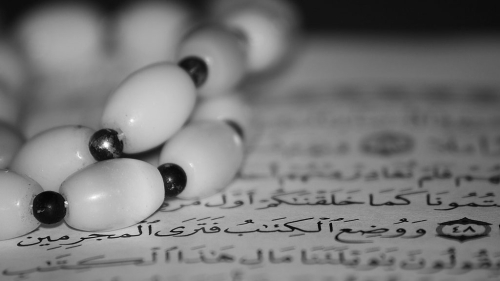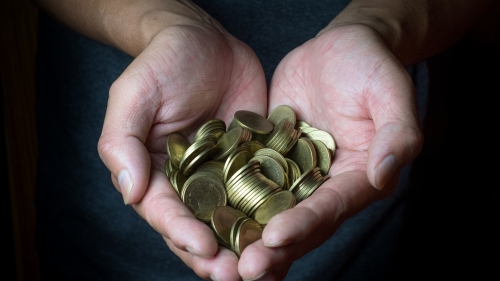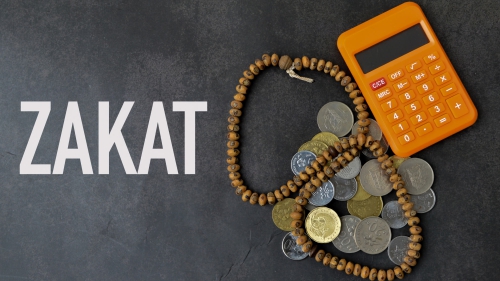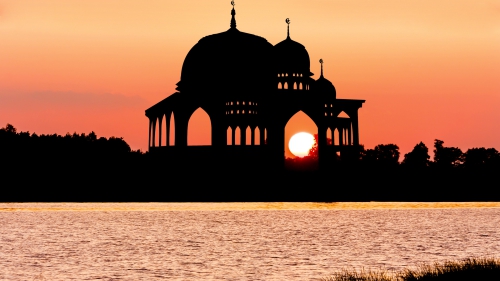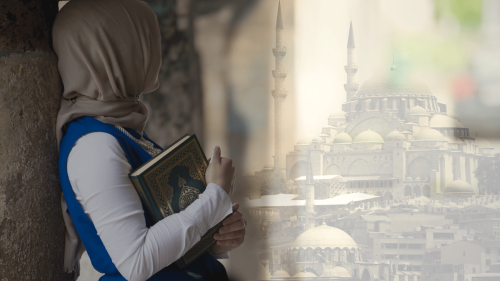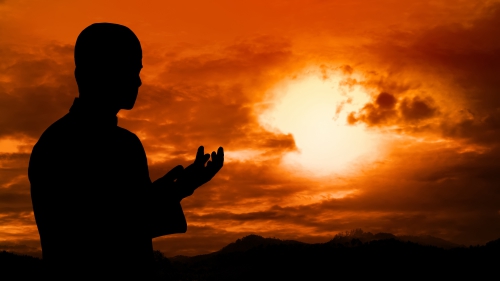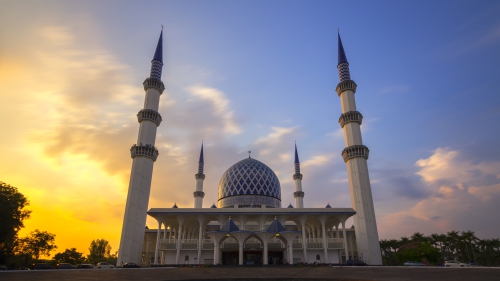The National Empathy Divide
 |
"The loose network among relatives offers the grim solace of knowing that others too have suffered the same curse."
Every terrible rift is the occasion for peace and the place for the peacemaker. And often peace is nothing more, at first, than connecting, pulling the injured or ostracized back into the social circle and beginning the process of healing.
Peace is not a state of "perpetual pre-hostility," as it has been described by military strategists - that is to say, perpetual armed readiness and checkpoints and unending displays of superior force, eventually and inevitably lapsing into horrific violence. That may be the state of the world, but it's not peace, nor is it sustainable. It's the downward cycle in which we are caught - and in which we fully and enthusiastically participate, with bloated national defense budgets and uncounted trillions spent globally to stay armed, terrified and isolated.
Yet as my friend David Nekimken pointed out, while the policies of what Dr. Martin Luther King called "spiritual death" may be all around us, if we look we can also see "spiritual life" glowing from within the dark.
The New York Times <http://www.nytimes.com/2011/01/22/us/22relatives.html?_r=2> , for instance, saw fit to notice and write about the way in which the family members of mass murderers - whose ranks Randy and Amy Loughner just joined - reach out in "grim solace," as Times reporter Joseph Goldstein put it, to one another. The Loughners have been driven into hiding since their son's rampage, with their house swarmed by reporters hoping to extract tidbits of God knows what, regret, indifference, "local color," to add to their coverage of the Tucson murders.
"When Jared L. Loughner was identified as the gunman who shot 19 people here two Saturdays ago, his parents joined a circle whose membership is a curse: the kin of those who have gone on killing sprees," Goldstein wrote. One of those similarly cursed, David Kaczynski, brother of Unabomber Ted Kaczynski, left a message with their son's public defender, offering to talk to them if they felt the need. Others may follow suit.
"... the relatives of killers have been known to find comfort in one another, creating a fragile and fraught emotional network among the nation's most isolated families."
What's striking to me about this story is that the Times took the trouble to notice it - to notice and write about the humanity of those on the wrong side of the national empathy divide. The story exists outside the context of vengeance, punishment and titillation - that is to say, incomprehension - which is our normal emotional containment strategy for acts of newsworthy violence.
The story extends humanity to what is perhaps a shockingly large group of people - and the size of this group is, itself, a symptom of deep, unaddressed trouble. All I found lacking in it is the idea that the parents and siblings and others closely connected to the perpetrators of high-profile violent crimes have something to offer only to one another - that "grim solace" and shared isolation are the best they can hope for - with no hint that their return to the great circle that includes all of us is crucial if we are to heal from this national wound.
The movement known as restorative, or transformative, justice, which is slowly taking root and making a difference across the country and around the world, challenges the notion that our basic response to crime should be punishment rather than healing. And healing means restoring a broken system to wholeness, which addresses and honors the complexity of who we are and how we are connected. It includes all of us. The aggrieved and victimized only become empowered when they are able to connect with the ones who have caused them harm.
Furthermore, any criminal act, especially an act of violence, produces consequences, and damages relationships, that radiate in all directions. Only if all who are affected sit down in relationship to one another, a process that is by no means easy or simple, and may well take an enormously long time, can healing occur. Such healing, which means the strengthening of social ties, is the true meaning of peace.
Rupert Ross, in his seminal book on restorative justice, Returning to the Teachings, calls this process "sacred justice."
"The peacemaker is thus an investigator, a teacher and a guide," writes Ross. His or her primary responsibility "is to help each person come to understand that life is relationship, and that a healthy life requires constant effort to provide as much nourishment as possible to every relationship that engages you."
The New York Times story does point out that Mark Kelly, husband of wounded Congresswoman Gabrielle Giffords, has said publicly that he is open to the idea of meeting with Jared Loughner's parents, recognizing that they're "hurting in this situation as much as anybody."
This reopens the circle and invites some of the ostracized back in. What troubles me is that the state affects no interest in this process. Healing can happen or not, but officially we care only about the bureaucratic pursuit of punishment and the perpetuation of the cycle of violence.
*****
Robert Koehler is an award-winning, Chicago-based journalist, contributor to One World, Many Peaces and nationally syndicated writer. His new book, Courage Grows Strong at the Wound (Xenos Press) is now available. Contact him at koehlercw [at] gmail.com or visit his website at commonwonders.com.
2010 TRIBUNE MEDIA SERVICES, INC.






